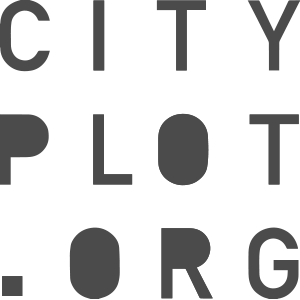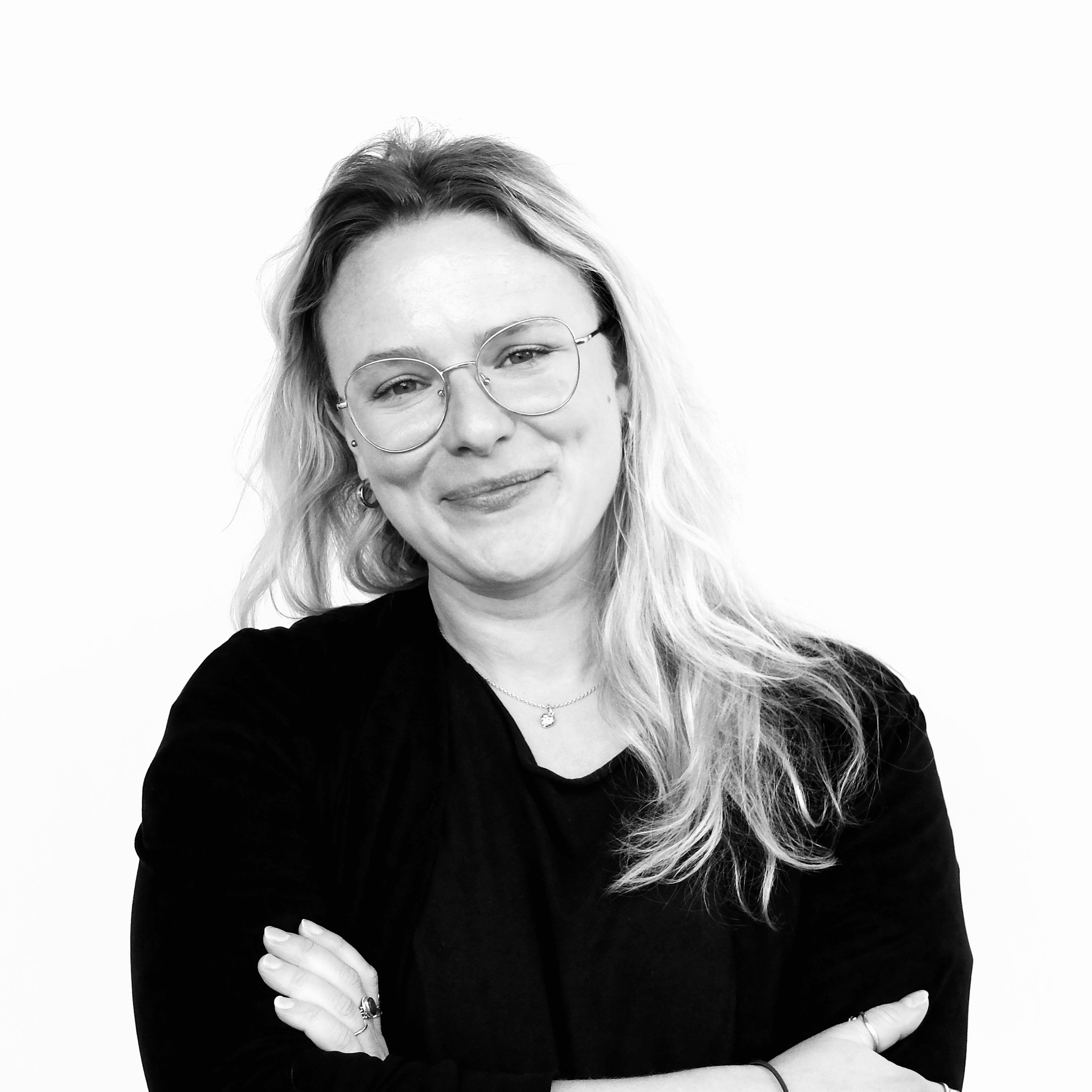Sow with us
A beginners guide to choosing seeds for your garden
Although temperatures are still quite chilly, I can feel that spring is just around the corner. Days are getting longer and the call to spend more time outdoors is becoming insistent. After such a gloomy and long winter, I am looking forward to feeling the warmth of the sun on my skin.
A piece of land to start anew!
An extra reason for me to look towards the gardening season this year is that we finally received an allotment in January, where we can grow vegetables and flowers. The area is about 150 m2, with an old greenhouse and a small toolshed. I am definitely not an expert when it comes to growing my own food and I look forward to this opportunity!
Exciting, but then what to do now? We have the land, we have the ideas, and we have started to plan and design. We have organized the plot in raised beds, cleaned up the compost area, made agreements with the garden community to purchase peat free soil in bulk, and we built an insect friendly fence. We also have a water container for the summer. It already looks very nice and promising.
The only things missing are the veggies
Yes, the vegetables, the real protagonists of this growing adventure. They will be the food to put on our table and the reward that we will get after our hard work. But which veggies should I choose?
When I attended the Cityplot course “Get Down Get Dirty”, a couple of years ago, the message I got was clear: “Grow what you like to eat, so you will have lots of joy from caring for these plants!” Obviously, you need to keep in mind your geographical zone, the climate and the type of soil you are working with (good luck growing avocados in Belgium!). But when it comes to choosing what I like (or don’t like), I am very good at that: absolutely no Brussels sprouts will grow under my watch, and forget about lavas (lovage) herb! (De gustibus non disputandum est). I will definitely fill up my greenhouse with tomatoes and basil varieties. We will have lots of asparagus and I am looking forward to growing my own black kale (also called Tuscan kale) which I cannot find at the local farmer’s market. As I list all the vegetables and flowers I would like to have in my garden, my biggest question is where I can find them. Should I buy seedlings or start from seeds?
Seedlings from commercial grower Jongerius in the Netherlands. They supply local market gardeners and resellers.
“Seedlings or seeds, that is the question”
Once a week, here in the Belgian town where I live, there is a local market where farmers sell local veggie seedlings. The temptation of buying whatever they have is big: these are nice looking plants that simply need to be planted into fertile soil.
Starting a crop from seedlings is for sure a time-saving procedure but there are few things to take into consideration: first of all, the price. A seedling is, rightly, more expensive than a seed and therefore your budget has to be higher if you decide to start this way. Also, some farmers sell their own production, but many buy from large distributors and then sell the plants on the market. Therefore, what you are buying is not always “local”. Last but not least, these seedlings are not organic and many of them are F1 hybrid plants, which I am not interested in and I will explain in a moment why. Therefore my attention is shifting towards buying the seeds, which I can buy online and the choice is larger.
Which seeds to choose? Why not F1?
This is the time of year where literally every grocery and garden shop sells seeds for gardening. You can often find these little seed packs conveniently situated next to potting soil and cute tools sets, which overall look very attractive and relatively cheap. The problem is, unfortunately, that none of this is as good as it looks. We will talk in another article about why you should avoid the cheap potting soil that you can find in retail stores and instead look for peat-free soil. I would like to focus now instead on what type of seeds you can find and which ones are NOT advisable to buy.
The seed packets that you find both in professional gardening shops and also in normal grocery shops, are often labelled F1 (or F1 hybrid).
F1 hybrid is a term used in genetics and selective breeding. F1 stands for Filial 1, the “first children” generation of offspring resulting from a cross-mating of distinctly different parental types. These seeds are the results of selective breeding, obtained by cross pollinating two different parent plants. These F1 seeds hybrids are usually created by means of controlled pollination, sometimes by hand pollination. There is nothing wrong with hybridization per se, as it is a very natural process that helps increase biodiversity and selects more adaptive individuals.
In fact, open-pollinated heirloom varieties and landraces of vegetables are created by farmers or seed savers hybridizing or selecting naturally hybridized plants and stabilising them over many generations. At some point they can breed true, meaning you can save the seeds and grow another generation of the same variety with the same qualities, unlike F1s. Usually they are well suited to the regionsthey are developed in and also robustly adapt to climate variations in that region. Regional diversity also contributes to local food security.
The issue comes when this hybridization is made up in a lab and at industrial scale, like in the case of these F1s.
This selection process is very long and it requires a certain level of initial resources, therefore the producers of these F1 seeds are never small-scale, local farmers, but companies (multinationals) that have the tools and skills to provide the market with new varieties. The profit behind so much work is because F1 seeds present the characteristic required by the large-scale agriculture industry: these seeds produce fruits which are abundant, regular shaped, better looking, with convenient and uniform ripening time. Usually these characteristics come at the expense of nutritional level, flavour and also resilience to pests and disease. These seeds are reliant on a culture based around chemicals (fertilisers and pesticides) which are conveniently sold by the same companies that create the seeds in the first place.
Furthermore, often the F1 seeds are sterile or produce poorly productive F2 generations. This non-reproducibility is another very convenient way for the big producers to make money; the seed selected in the laboratory cannot be passed down independently by the buyer and to have the F1 variety the farmer is forced to repurchase the seeds every year, creating dependency.
F1 seeds are also more expensive for the home gardener. You generally get fewer seeds in a packet of F1 seeds than in open-pollinated seed packets.
The last thing I would like to highlight about commercial F1 hybrids is that their production is one of the causes of the decrease of biodiversity around us. Today, most of the food on supermarket shelves, such as fruit and vegetables, is the result of laboratory "hybrid" seeds, which have been selected for the needs of industrial agriculture and large-scale retail trade. This industrial production of ‘perfect looking’ plants is making it rare or even impossible to find more native and open-pollinated varieties of food in our plates. We have fewer vegetable varieties to choose from today than we did in the past.
“For gardeners there's more benefit in growing open-pollinated plants which have a healthily diverse gene pool with natural pest and disease resistance, show a few interesting variations from time to time, and from which seed can be saved for free” (Rebsie Fairholm from Daughter of the Soil)
Long story short, there are both ethical and environmental reasons why you should try to stay away from F1 seeds and choose open-pollinated and organically grown seeds instead. I invite you to read more about the industry of large scale hybridization, but I warn you, it made me kind of depressed.
A stall at Relclaim the Seeds festival filled with an enormous variety of organic, open-pollinated seed
Practical Tips:
In Europe, organic seeds are produced following the organic agriculture regulation. As part of the Farm to Fork strategy – one of the central pillars of the European Green Deal – the European Commission is setting higher ambitions for sustainable pesticide use. One of these ambitions is that by 2030, the use and risk of chemicals and also the use of more hazardous pesticides in the EU should be reduced by 50%. So, why don’t we start today giving our small contribution to the environment and avoid at all any chemically- treated seeds and grow our plants in harmony with nature?
When you are ready to buy your own seeds, I recommend the following websites selling organic and open-pollinated varieties:
The Netherlands:
De Bolster: https://www.bolster.nl (stay away from the F1 hybrids seeds)
Van der Wal: https://www.zaadhandelvanderwal.nl/nl/shop/biologisch-geteelde-zaden
De Godin: https://degodin.nl/webwinkel/zadenteelt/#
De zaderij: https://www.zaderij.nl/
Vreeken's zaad: https://www.vreeken.nl/
Biologisch zaad.nl: https://www.biologischzaad.nl/bz
Cruydt-Hoeck: https://www.cruydthoeck.nl/
Germany:
Bingenheimer (DE): https://www.bingenheimersaatgut.de/en/ (German company, open pollinated seed saving collective, good quality. Multi lingual website: En/Fra/Ger/Nl)
Belgium:
Buzzy Organic (BE): https://demoestuinwinkel.be/collections/vendors?q=Buzzy%20Organic
Ecoflora (BE): https://www.ecoflora.be/nl-nl/lijst-van-producten/12-biologische-zaden%2C-plantgoed-en-pootgoed
Velt (BE): https://velt.nu/samenaankoop-biologische-zaden (A fantastic cooperative organisation but for members only, anyone can become a member!)
Sweden:
Nordfrö (SE): https://nordfro.se/
Fröbanken(SE): https://frobanken.se/
Runabergs fröer(SE): https://www.runabergsfroer.se/
The very best thing to do is to network with other local small-scale gardeners and buy or exchange seeds with them. If you need to create your community, the following event (in the Netherlands and Belgium) is a great opportunity for you to connect with like-minded growers and learn a lot of things about growing your own food: https://www.reclaimtheseeds.nl/
Other resources:
You can read more interesting information about commercial F1 hybrids here:
https://journalofethnicfoods.biomedcentral.com/articles/10.1186/s42779-019-0011-9
https://daughterofthesoil.blogspot.com/2008/02/commercial-f1-hybrids.html
https://daughterofthesoil.blogspot.com/2006/07/f1-hybrids-what-every-gardener-should.html
Documentary from 2019 but still very current: Seeds of profit - https://www.youtube.com/watch?v=ngjAqzam0fU
ASEED Europe:
ASEED has been creating awareness about EU seed legislation and regulations that make it more difficult for farmers and gardeners to save and grow regional varieties. They have lots of seed information and resources on their website too. https://aseed.net/resources-2/seeds/
Vandana Shiva
Prolific & inspiring Indian scholar, environmental activist, food sovereignty advocate, ecofeminist and anti-globalization author and seed activist, founded Navdanya - a network of seed banks and organic farms. She travels the world creating awareness about seeds, and inequality relating to this subject. She is on Instagram, has written many books and produced insightful documentaries.
Photo credits: Giulia, Suzanne, Naomi, Reclaim the seeds
by Giulia Variara, Belgium coordinator and nature guide










